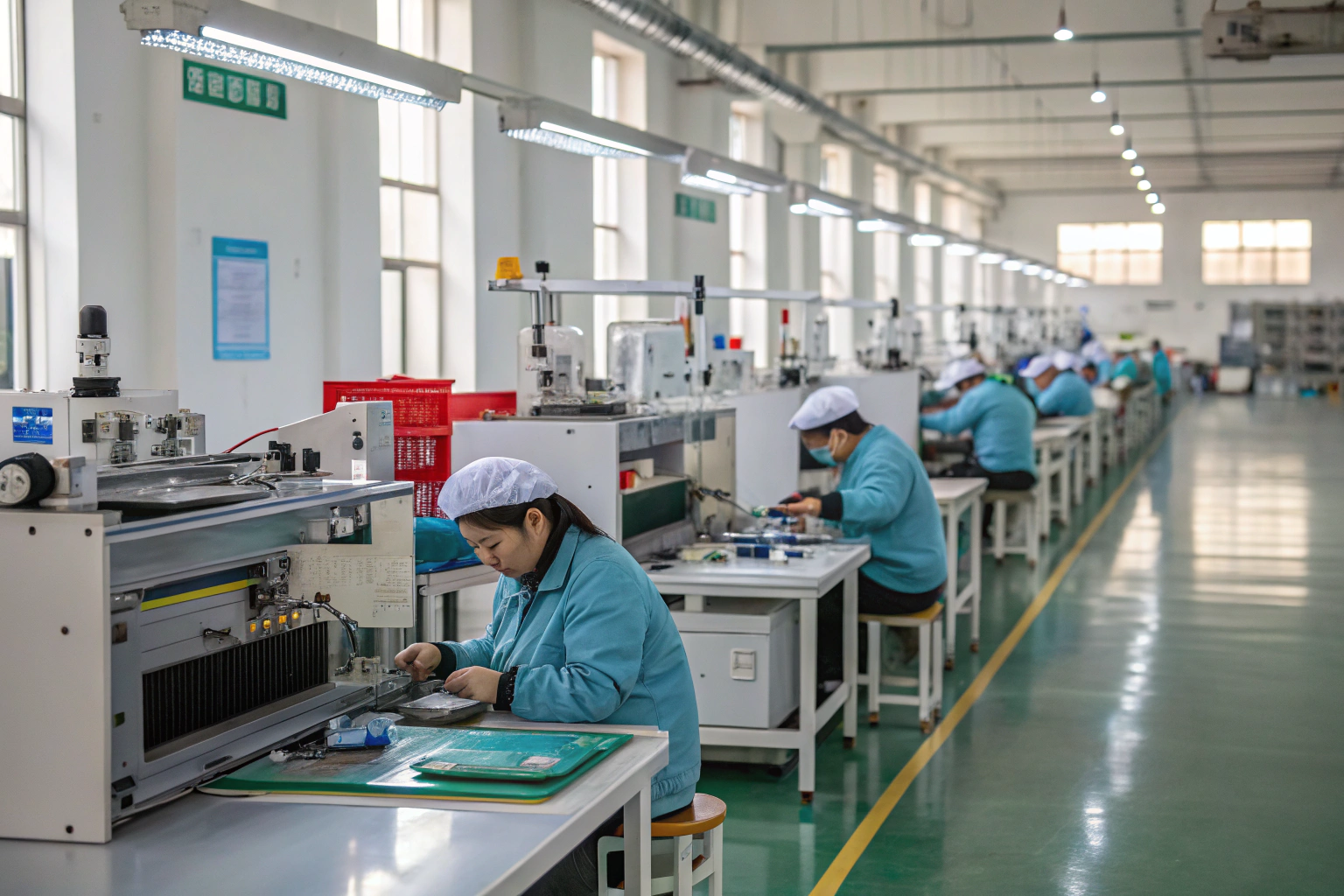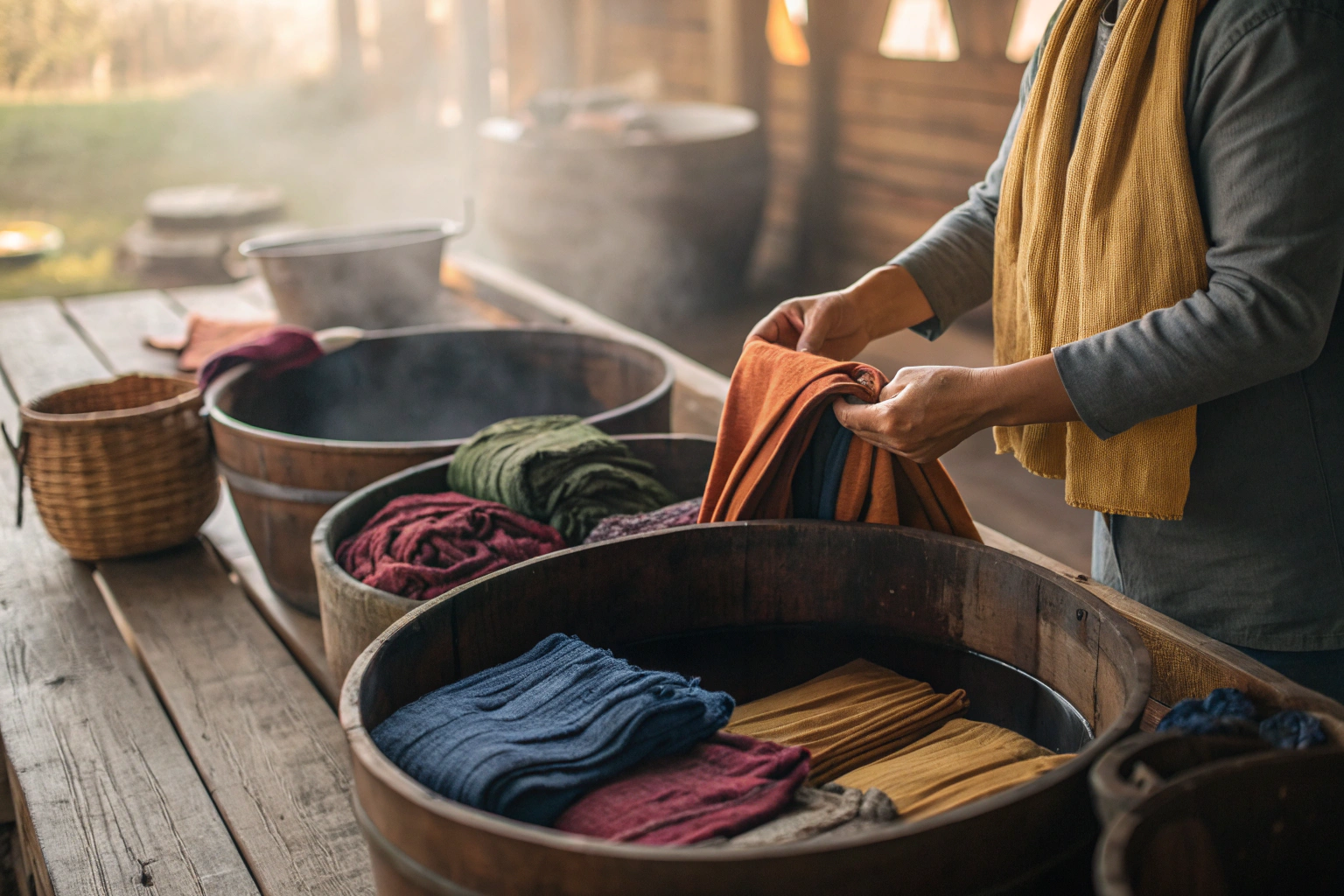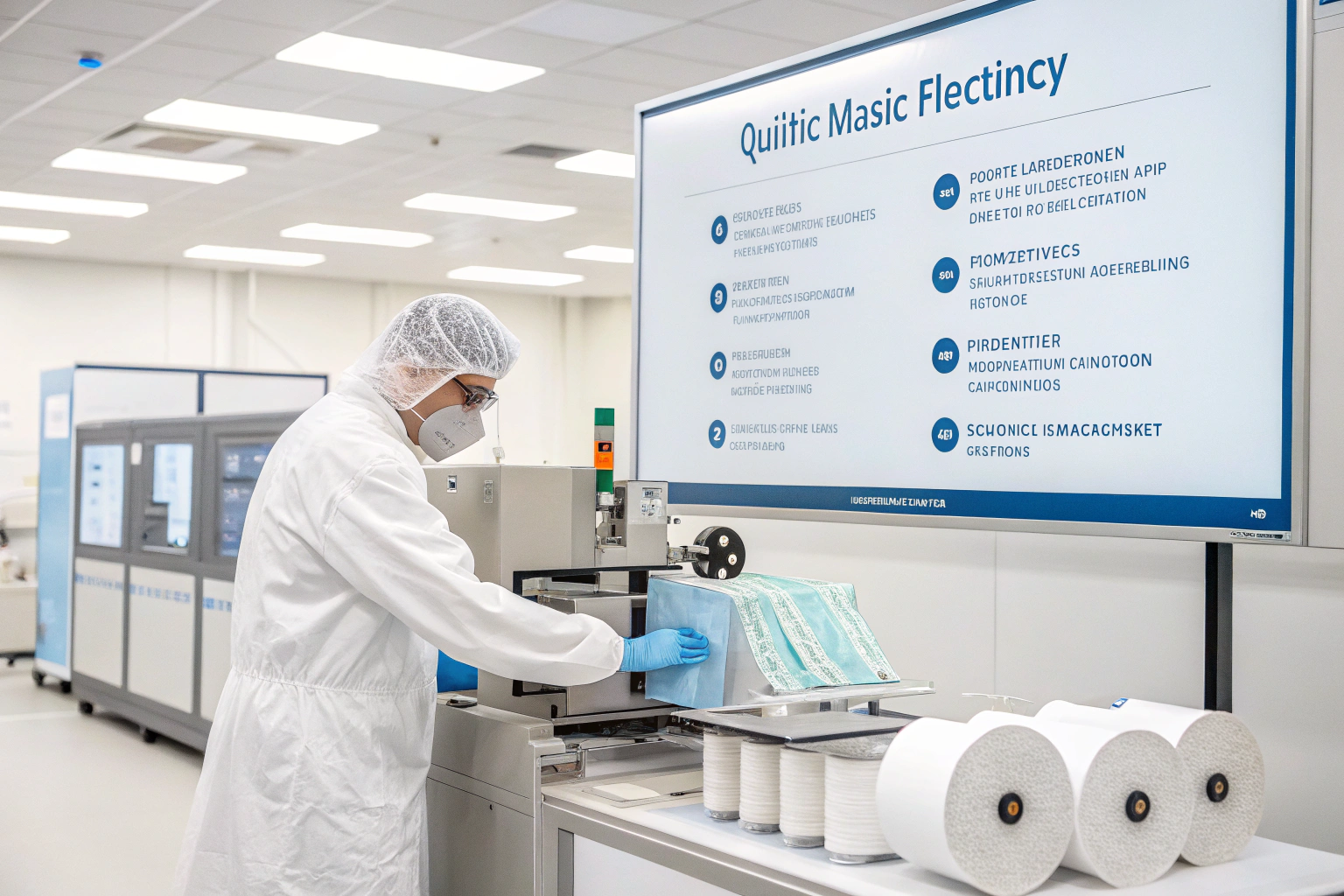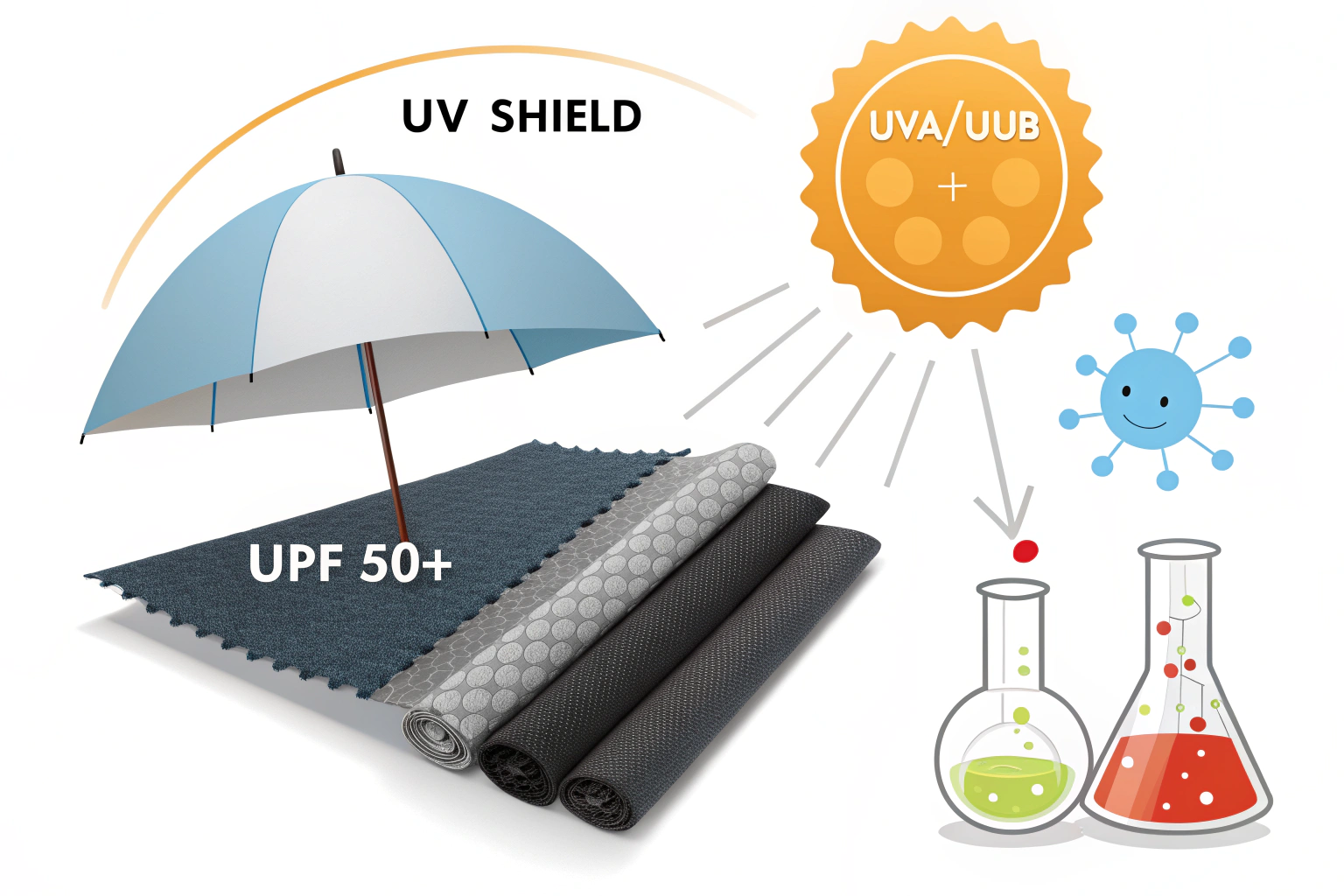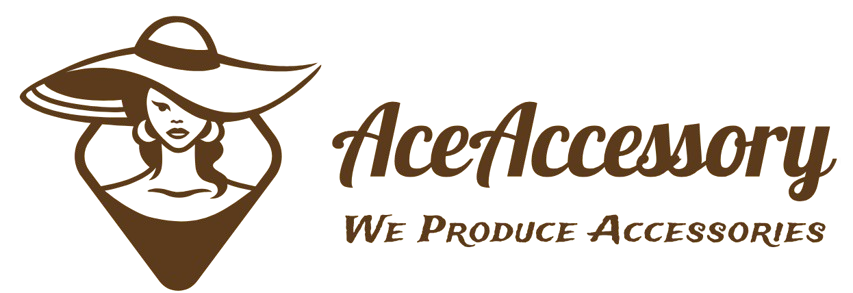In the global apparel and accessories supply chain, one of the most pressing concerns for buyers is ensuring that their sourcing partners uphold ethical and sustainable standards. Price competition and rapid production schedules often overshadow crucial factors like workplace safety, fair labor, and environmental responsibility. When brands neglect these aspects, they risk supply chain disruptions and reputational harm.
Factories that undergo and successfully pass a SMETA audit provide a layer of assurance that extends beyond quality control. SMETA (Sedex Members Ethical Trade Audit) is among the most comprehensive ethical auditing methodologies worldwide. It evaluates labor practices, workplace safety, environmental performance, and business integrity. Partnering with a factory that maintains SMETA certification reduces compliance risks, improves transparency, and aligns businesses with global sustainability goals.
For international buyers, especially those supplying large retailers or supermarkets, sourcing from a SMETA-audited supplier is not merely an option but increasingly a necessity. This choice ensures responsible production while safeguarding both market access and long-term commercial credibility.
Why Is SMETA Certification Important for Buyers?
Ethical sourcing has shifted from being a competitive advantage to an industry baseline. Buyers who fail to incorporate responsible procurement strategies face risks in both public perception and regulatory scrutiny.
SMETA certification provides documented evidence that a factory maintains ethical labor practices, safe conditions, and environmental responsibility. Buyers working with SMETA-certified partners gain credibility in front of regulators, retailers, and increasingly conscious consumers.

How Does SMETA Protect a Brand’s Reputation?
Global retailers and consumers have grown more vigilant about how products are made. Sourcing from a factory that fails to meet ethical expectations can trigger negative media exposure. Partnering with a SMETA-certified supplier protects brands against reputational crises and builds trust across markets. Additionally, it meets the compliance requirements of many international retail leaders, allowing smoother procurement processes.
Does SMETA Certification Affect Market Access?
Yes. Compliance frameworks are now a threshold for participation in many markets. Without SMETA, factories may find themselves excluded from supply contracts with supermarkets or department stores. Buyers who collaborate with compliant factories gain a competitive advantage through broader global trade access and a reduced likelihood of shipment delays caused by compliance checks.
What Are the Key Areas Covered by SMETA Audits?
Unlike audits limited to financial or production metrics, SMETA provides a comprehensive review of a factory’s operational environment. It covers areas that directly influence long-term stability and brand responsibility.
The scope includes labor practices, occupational safety, environmental management, and corporate ethics. These factors collectively determine whether a supplier can serve as a reliable long-term partner.

What Labor Standards Are Checked?
Labor compliance is central to SMETA. Inspectors examine wage fairness, working hours, and adherence to international conventions on child and forced labor. Buyers who select ethical suppliers can confidently integrate these products into their offerings. Such practices also support alignment with CSR initiatives and stakeholder expectations.
How Are Health, Safety, and Environment Audited?
Beyond labor, SMETA reviews whether facilities safeguard workers and minimize environmental impact. This includes inspections of machinery safety, provision of protective equipment, waste management, and emissions control. Buyers benefit from associating their brand with suppliers aligned to global sustainability goals, which strengthens product appeal in eco-conscious markets.
How Does SMETA Improve Supply Chain Efficiency?
Efficiency in sourcing is not only about speed of production but also about minimizing risks. Buyers often underestimate the operational value of compliance, but SMETA introduces discipline into supply chain processes.
Factories with SMETA certification tend to operate with clearer systems, reducing misunderstandings, disputes, and delays. Buyers can expect smoother communication, accurate capacity forecasts, and better alignment with global compliance requirements.
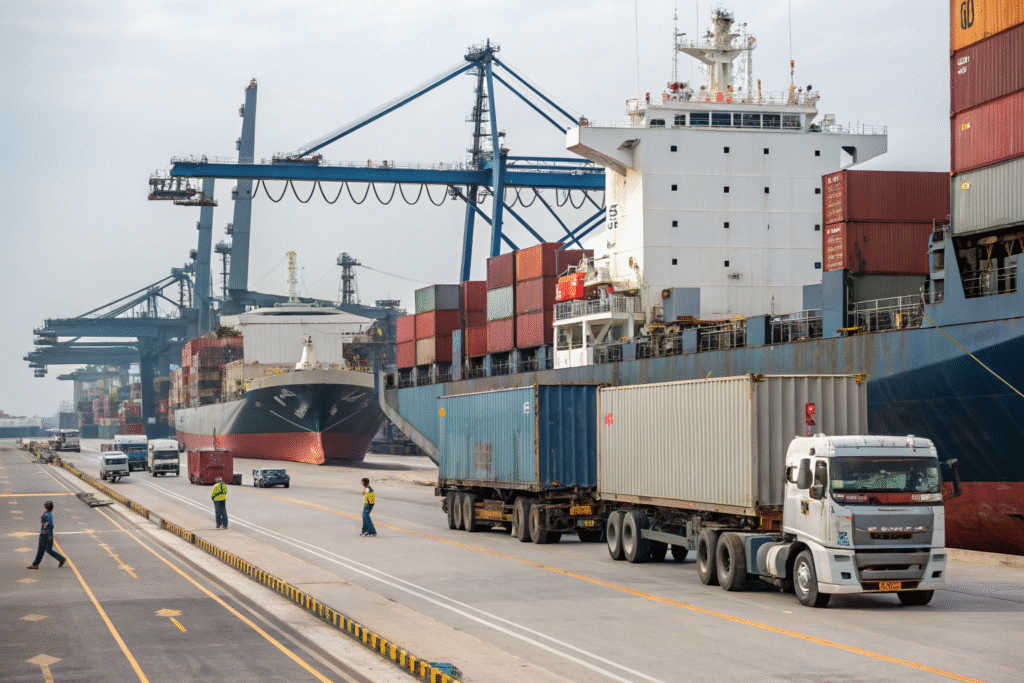
Does Compliance Speed Up Customs and Delivery?
Yes. Customs authorities frequently check compliance certifications. With SMETA documentation, suppliers can reduce delays and prevent additional inspections. Buyers thus benefit from predictable delivery schedules and fewer interruptions in international trade logistics. This reliability improves inventory management and reduces operational costs.
How Does SMETA Build Long-Term Partnerships?
Compliance cultivates trust. Buyers who source from SMETA-audited factories develop stable, long-term partnerships with fewer disputes. Such collaboration allows expansion into new categories with consistent quality. Over time, this stability builds strong ties with reliable suppliers, ensuring predictable pricing and scalable growth.
Why Should Buyers Choose SMETA-Audited Factories in China?
China continues to dominate as a sourcing hub, providing unmatched scale, diversity, and efficiency. Yet global scrutiny of production practices makes compliance even more critical for Asian suppliers.
SMETA-certified Chinese factories offer the optimal combination of competitive pricing, advanced logistics, and compliance assurance. Buyers gain efficiency without compromising ethical or regulatory standards.
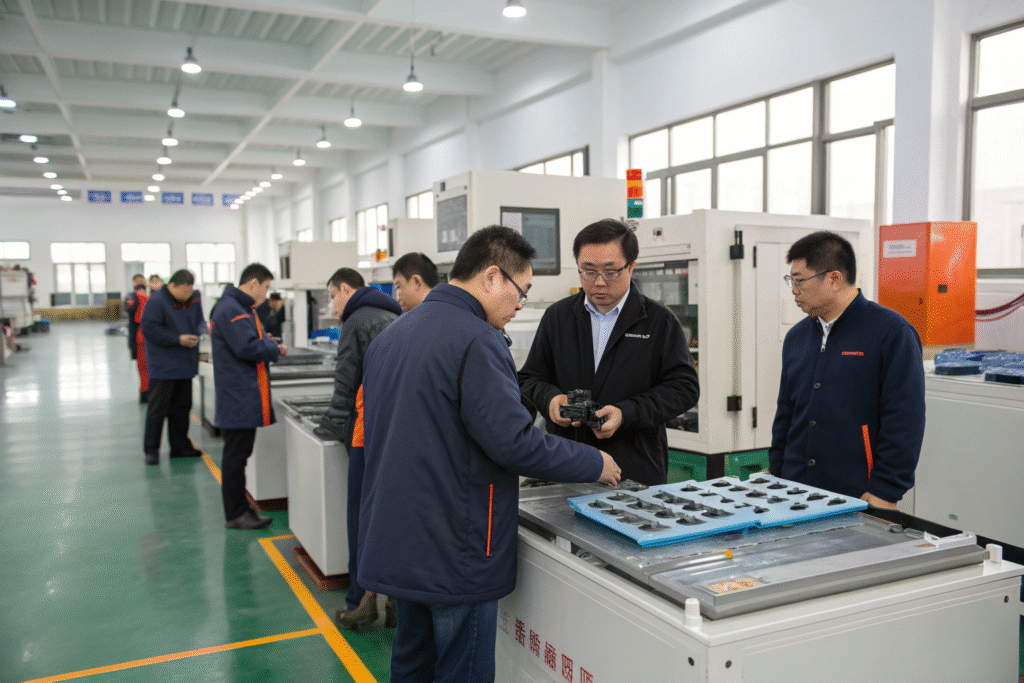
How Do Chinese Factories Compete in Global Trade?
Factories in Zhejiang and neighboring provinces blend speed and quality management with extensive supply chain infrastructure. When paired with SMETA, they can deliver cost savings and compliance simultaneously. Buyers further benefit from China’s advanced logistics framework, ensuring faster routes to North America and Europe.
What Extra Value Does a SMETA-Audited Factory Provide?
Beyond compliance, these factories deliver integrated services such as product design, packaging optimization, and comprehensive quality inspection. Buyers receive end-to-end sourcing support that streamlines operations. The combination of efficiency, service, and compliance generates strategic advantages for international buyers seeking both reliability and innovation.
Conclusion
Sourcing accessories from a SMETA-audited factory offers buyers a significant strategic edge. It ensures ethical production, protects brand reputation, facilitates customs clearance, and strengthens long-term supplier relationships. In a competitive global environment, compliance is not just a safeguard—it is a driver of resilience and growth.
If you are looking for a trusted supplier of accessories, our company Shanghai Fumao (AceAccessory) is ready to support you. We are based in Zhejiang, China, and we specialize in high-quality fashion accessories for global brands, supermarkets, and online sellers. You can contact our Business Director Elaine at elaine@fumaoclothing.com to discuss how we can help you develop and produce your accessory collections.

